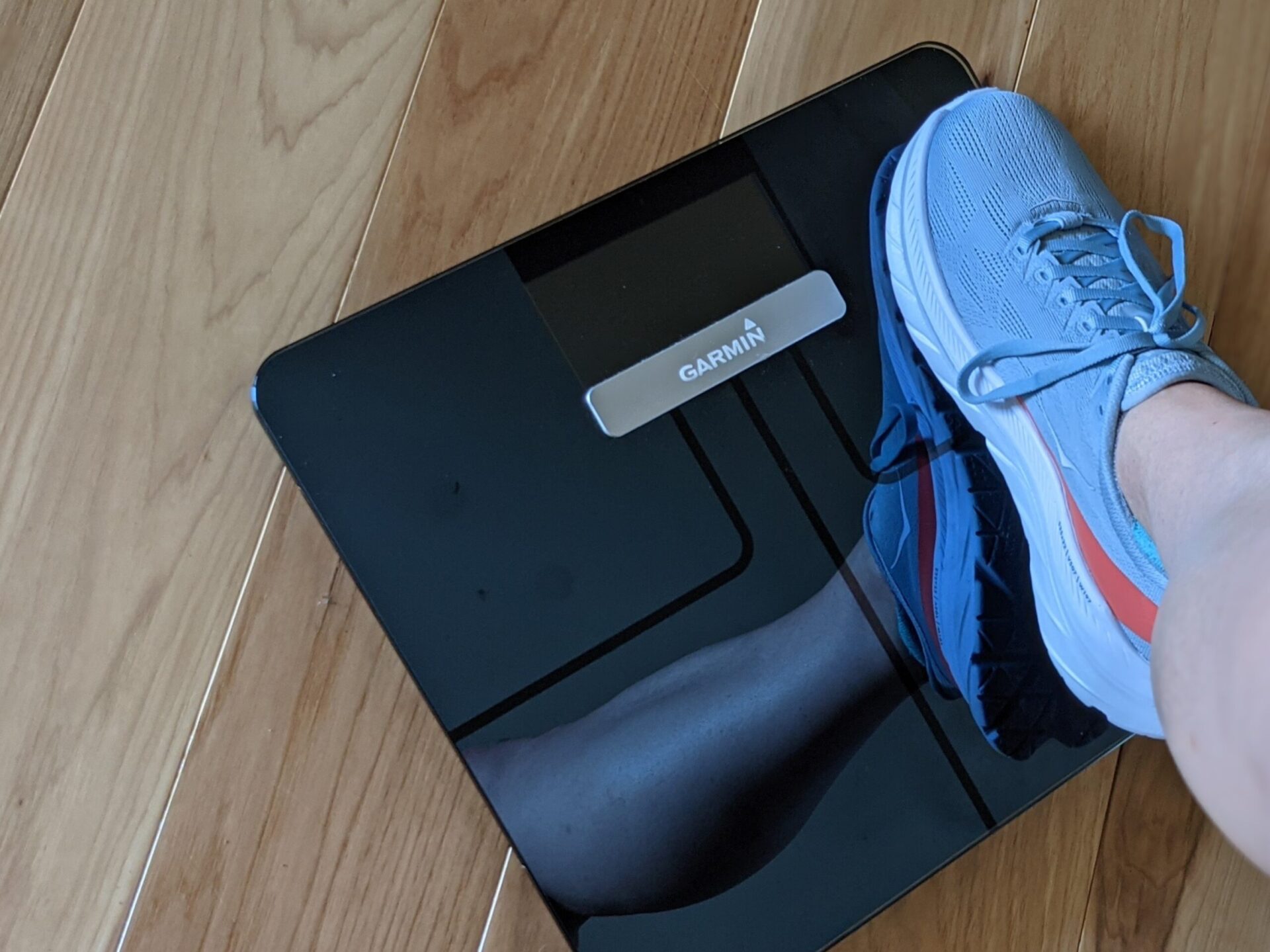This post may contain affiliate links. Read the full disclosure here.
Does Muscle Weigh More Than Fat?
Does muscle weigh more than fat?
If you Google “Fat versus Muscle” you’re likely to see a picture of fat and muscle on opposites of a weight scale. It’s a picture of five pounds of fat next to five pounds of muscle. The fat is much larger than the muscle, so at first glance the concept can be confusing.
So… does muscle weigh more than fat?
The answer is no. Five pounds of muscle weighs exactly the same as five pounds of fat. They both weigh five pounds. However, fat clearly has more volume by weight than muscle and therefore takes up more space than muscle. Muscle is much more dense than fat, so therein lies the misunderstanding.
Another common misconception is that you can turn fat into muscle by exercising. Again, not true. Fat and muscle are two completely different types of tissue and they are not capable of converting into one another. However, with a regular exercise regimen that includes strength training, you can lose fat and gain muscle. When your clothes fit looser but the scale isn’t budging it’s because you’ve changed your body composition. You still weigh the same, but you take up less space.
Not all things are created equal
Consider the differences between fat and muscle and it’s easy to understand why you can’t turn one into the other. Fat comes from eating too many calories. When you consume more calories than you burn, your body takes those extra calories and stores them as fat. If you continue to eat more calories than you burn, your fat “grows”. If you eat fewer calories than you burn, your fat “shrinks.” You can’t control where fat goes when you gain it and you can’t control where fat shrinks when you lose it.
Muscle is quite different. Muscles don’t “grow” based on what you eat, they grow when you put increased demands on them. Muscles are made up of thousands of tiny muscle fibers. Putting increasing demands on your muscles tears down the fibers and causes them to rebuild larger. Muscles will only continue to grow if the demand on them is increased. Unlike fat loss, you can target specific muscles for growth thru the careful design of your strength training workouts. However, keep in mind that regardless of the size of your muscle, you won’t be able to see it if there’s a layer of fat on top of it.
Bottom Line: Muscle doesn’t weigh more than fat, but it takes up significantly less space than fat by weight. Most people aim to “lose weight” but perhaps a more appropriate goal is to “lose fat and build muscle.” When you focus on changing body composition rather than tipping the scale, you’re more likely to achieve your desired result. Sure, body composition can be assessed professionally, but how your clothes fit, the shape of your body and your muscle definition are excellent indicators. Being healthy is about maintaining body fat at healthy levels, not reaching some idealized number of pounds.
Surprised? What did you think before you read this post? Let me know below in the comments!









